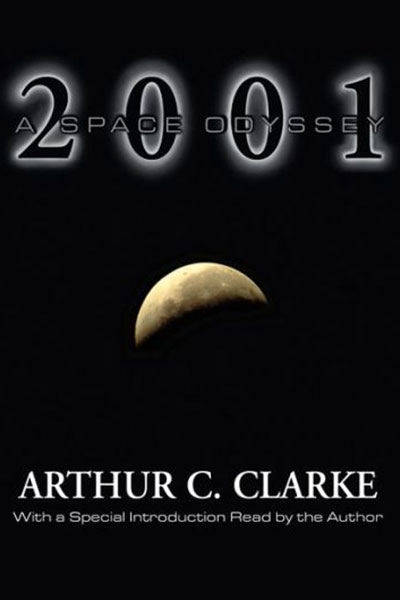The 6 Most Memorable Robots in Literature
The Singularity is Near! Indeed, some computer scientists expect artificial intelligence to surpass human intelligence within our lifetimes. Revolutions in swarm intelligence, nanotech, and other exotic fields of robotics have brought humans ever closer to being bested by “toasters,” as they’d say on Battlestar Galactica. Science fiction has been way ahead of the game on these issues for decades, and many literary androids—both friend and foe—have paved the way for the current A.I. renaissance. Here are 6 robots that stand out on the page.
Galatea (The Metamorphosis, by Ovid)
Robot narratives are a staple of modern scifi, but stories about artificial intelligence have been around for centuries. Many people in the ancient world believed they had been created by gods, so it was not a stretch to imagine humans continuing that work on a smaller scale. This was the germinal idea behind the tale of Pygmalion, a sculptor who fell deeply in love with one of his female statues, only to see her come to life. Ovid included the myth in his magnum opus The Metamorphosis, preserving proof that long before circuit boards and microprocessors, people still yearned to hear tales of sentient beings made by humans.
Neuromancer/Wintermute (Neuromancer, by William Gibson)
Trust William Gibson to come up with the weirdest robots you could ever expect to meet in the literary mainframe. This novel is a seminal work of the “cyberpunk” genre, and it is breathtaking in both its prophetic accuracy and its relentless cheesiness (we mean that in a good way—viva the 80s!). In Gibson’s dystopian future, Wintermute and Neuromancer are twin super-computers, physically separated due to Turing laws prohibiting massive A.I. systems. The whole story teeters around getting these two together, and it’s an adventure you won’t be sorry you tagged along for.
Robot (Nufonia Must Fall, by Kid Koala)
Wall-E proved beyond a shadow of a doubt that we are all huge suckers for robot love stories. But renowned DJ Kid Koala was writing robo-romances way before it was cool. In 2003, he published this heartfelt graphic novel (complete with an album) about a lonely android who falls in love, hard, with a human woman. The book is written like a silent movie storyboard, and it is the definition of “less is more.” Robot’s pursuit of the woman packs a serious punch, despite it being a novel of few words.
Marvin the Paranoid Android (The Hitchhiker’s Guide to the Galaxy, by Douglas Adams)
Only Douglas Adams could come up with a twist on super-intelligence as hilarious as Marvin. Instead of being empowered by his vast troves of programmed knowledge, Marvin is crippled by it. He suffers extreme existential despair and rambles on about the meaninglessness of his life to anyone who will listen. For example, this is how he describes his early life. “The first ten million years were the worst, and the second ten million years, they were the worst too. The third ten million years I didn’t enjoy at all. After that I went into a bit of a decline.” God, we miss that trademark Adams wit.
Mike (The Moon is a Harsh Mistress, by Robert A. Heinlein)
Mike is just the best. He should be described as an “it”—both because he’s a computer and because he’s happy to gender-bend—but I just can’t bring myself to give such a huge personality an impersonal pronoun. Mike is the main operating system for a lunar colony, where he is slowly waking up into self-awareness, coaxed by Heinlein’s narrator Mannie. The computer’s attempts to learn the essence of humor and other human traits is so endearing. Both innocent and all-powerful, Mike’s story is one you won’t soon forget.
HAL-9000 (2001: A Space Odyssey, by Arthur C. Clarke)
HAL (short for “Heuristically programmed ALgorithmic computer”) is pretty much Mike’s evil twin. Like Mike, HAL is the central operating system of an off-Earth colony—in this case the spaceship Discovery One. And like Mike, human emotions rub off on him the more he is exposed to the crew. But whoa, do they ever respond to the situation differently. Though Clarke conjured up many memorable robot characters (see: Isaac Asimov’s I, Robot), HAL is his most famous, forever immortalized by his creepily calm refrain: “I’m sorry, Dave. I’m afraid I can’t do that.”
Who is your favorite robot in literature?
